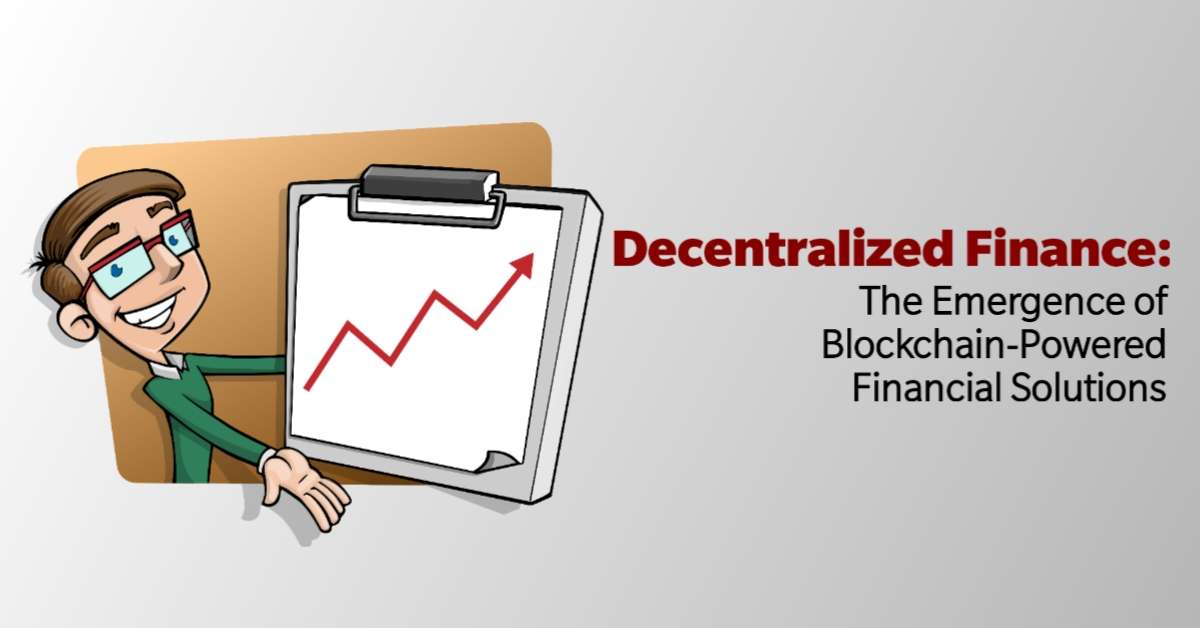Embrace the Journey: The Importance of Continuous Learning in Your Career

When it comes to sustaining career success, continuous learning is an essential factor. No matter how long you’ve been in your chosen career path, there’s always more to learn and new skills to be acquired
But why is continuous learning so important? In this blog post, we’ll explore the benefits of embracing the journey of continual learning and discuss how to make it work for you in your own career.
Why Continuous Learning Matters in Your Career
In today’s fast-paced and ever-evolving work environment, the importance of continuous learning cannot be emphasized enough. As new technologies and techniques are developed and trends come and go, the skills and knowledge that were once relevant can quickly become obsolete.
Continuous learning is essential for individuals who want to stay relevant, adapt to changes and trends, and grow and develop their careers.
Not only does continuous learning keep you up-to-date with the latest industry practices, it also broadens your knowledge and skillset. This, in turn, opens up opportunities for career advancement and helps you stand out in a competitive job market.
Moreover, continuous learning enhances your critical thinking skills, problem-solving abilities, and creativity, enabling you to tackle new and complex challenges with ease.
Additionally, continuous learning helps you stay motivated and engaged in your work, as it fosters a sense of purpose and fulfillment.
When you engage in learning and development activities, you’re able to see the bigger picture and how your work contributes to the success of the organization, which in turn leads to greater job satisfaction.
All in all, continuous learning is crucial in today’s workplace, as it allows you to stay current and relevant, improves your skills and knowledge, opens up opportunities for career growth and development, enhances your problem-solving and critical thinking abilities, and keeps you motivated and engaged in your work.
Benefits of Embracing Continuous Learning
When it comes to sustaining your career success, one of the most crucial things you can do is embrace continuous learning. By consistently seeking out new knowledge and skills, you’ll be better equipped to adapt to changes in your industry and to keep growing in your profession. Here are just a few of the benefits that come with a commitment to ongoing learning:
Greater Career Opportunities
With technology advancing rapidly and the job market evolving faster than ever, those who prioritize continuous learning will be in a better position to take advantage of new career opportunities as they arise. By building your skills and knowledge over time, you can position yourself as an attractive candidate for new roles and responsibilities.
Improved Job Performance
When you invest in continuous learning, you’ll naturally become better at what you do. As you develop new skills and gain new knowledge, you’ll be better equipped to solve problems, take on challenging tasks, and excel in your current position. This will not only help you be more successful in your job but also boost your confidence and satisfaction with your work.
Enhanced Networking Opportunities
Continuous learning also provides opportunities for networking with other professionals in your field. You may find that attending conferences, taking classes, or participating in online communities can help you connect with other like-minded individuals who share your interests and career goals. This can lead to new friendships, mentorship, and even career advancement.
Greater Adaptability
Change is inevitable, and in today’s rapidly evolving work environment, those who are resistant to change can easily fall behind. By committing to continuous learning, you’ll become more adaptable to new technologies, new business practices, and new industry trends. This will allow you to keep pace with the changing landscape of your industry and remain relevant in your career.
Overcoming Challenges in Continuous Learning
Although continuous learning offers numerous benefits, it can be challenging to keep up with it. The process of constantly acquiring new knowledge and skills can be daunting, and at times, demotivating. Here are some common challenges that professionals face in continuous learning and ways to overcome them.
Time Constraints: With a busy work schedule, it can be difficult to find time to learn. The solution to this challenge is to set aside specific times each day or week to learn. It could be early mornings, evenings, or weekends. Utilizing your breaks and lunch hour can also be effective.
Lack of Motivation: After a long day of work, the thought of sitting down to study can be discouraging. However, continuous learning requires discipline and commitment. Finding a learning partner or mentor who can encourage and motivate you can be helpful.
Also, reminding yourself of the benefits of continuous learning and its importance in career growth can be motivating.
Lack of Resources: In some cases, there may be limited resources for continuous learning, such as books or courses. However, the internet has made it possible to access information and learning resources easily. There are also many free courses and webinars available that can provide valuable knowledge and skills.
Fear of Failure: The fear of not understanding or grasping new concepts can hold back one’s willingness to learn. However, making mistakes is a natural part of the learning process. The key is to learn from mistakes and persevere. It is also essential to seek feedback and support from colleagues and mentors.
Ways to Continuously Learn and Develop Yourself
Now that we know why continuous learning is so important, it’s time to talk about how we can make it happen. Here are a few ways you can continuously learn and develop yourself throughout your career:
Take courses and attend conferences: There are countless online courses and in-person conferences available that can teach you new skills and keep you up-to-date with the latest industry trends. Many of these resources are available for free or at a low cost, so there’s no excuse not to take advantage of them!
Read books and articles: Reading is a great way to expand your knowledge and gain new insights. Whether it’s books on leadership, industry-specific articles, or even biographies of successful people, reading can be a great way to continuously learn and develop yourself.
Seek feedback: Feedback from colleagues, supervisors, and mentors can be a powerful tool for growth. Ask for constructive criticism and use it to improve your skills and performance.
Attend workshops and training sessions: Workshops and training sessions can be a great way to gain hands-on experience and learn new skills in a structured environment.
Join professional organizations: Joining a professional organization in your industry can provide networking opportunities and access to industry-specific resources. Many organizations offer events, training sessions, and publications that can help you stay up-to-date with the latest trends.
Remember, continuous learning doesn’t have to be time-consuming or expensive. It’s all about being proactive and making an effort to learn and develop yourself throughout your career.
How to Apply Your Continuous Learning to Your Career
Now that we’ve established the importance of continuous learning and how it can benefit your career, let’s talk about how you can actually apply what you learn to your professional life. Here are a few ways to put your newfound knowledge and skills into practice:
Set Goals:
As with any aspect of your career, it’s important to have clear goals when it comes to learning. What do you want to achieve? What skills do you want to acquire? Make sure these goals are aligned with your overall career objectives.
Implement New Strategies:
Once you’ve learned a new skill or strategy, it’s time to put it into practice. Don’t be afraid to experiment and try new things. Take what you’ve learned and apply it to your work.
Share with others
One of the best ways to reinforce your learning is to teach it to others. Share your knowledge and skills with your colleagues. Not only will this help you solidify what you’ve learned, but it can also enhance your reputation as a valuable team member.
Seek Feedback:
As you apply your learning, be sure to seek feedback from others. Ask for constructive criticism and use it to further refine your skills. Feedback is a key component of continuous improvement.
Keep Learning:
Remember, continuous learning is an ongoing process. Don’t stop once you’ve achieved a goal or acquired a new skill. Keep pushing yourself to learn and grow.
By consistently applying your learning to your career, you’ll become a more valuable and effective employee. And as you develop new skills and gain knowledge, you’ll be better positioned to achieve your career goals and sustain long-term success. Embrace the journey of continuous learning and see where it can take you.

